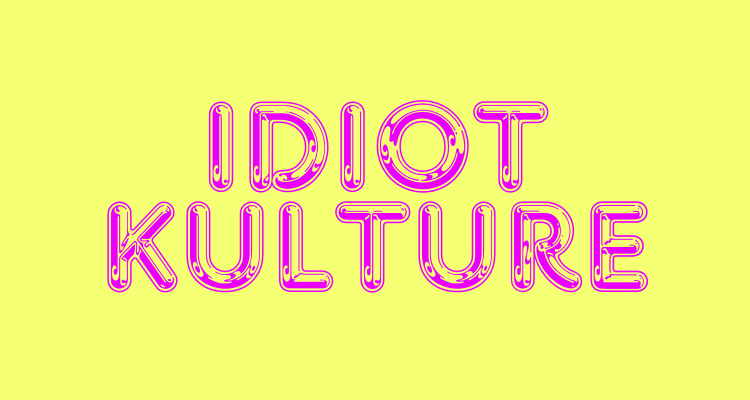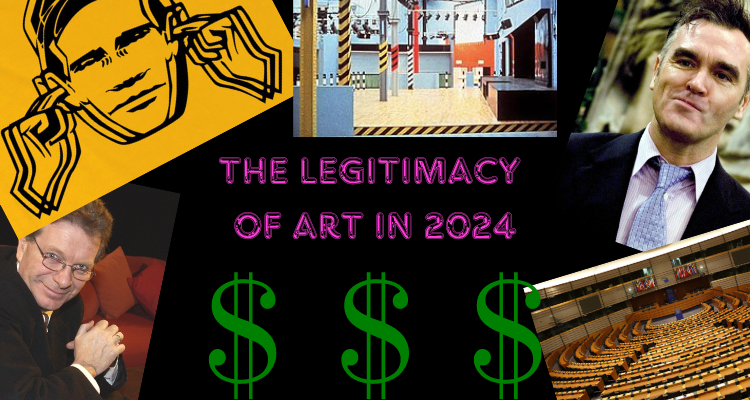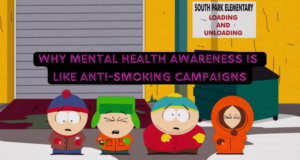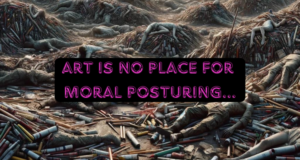When I was a sophomore in college, I took the course Comparative Politics, taught by a professor who was a member of the United Nations’ Working Group on Arbitrary Detention. As a perpetually-anxious 20-year-old, I never raised my hand in class, but did ace just about every quiz.
One day in class, the professor randomly called on me to define what a parliamentary system of government was. I repeated back the word-for-word definition:
“A system of government in which the legitimacy of the executive branch is dependent on the legislature.”
Essentially, this means the executive branch of a parliamentary system of government must maintain the support of the majority of the legislative branch, or risk being dismissed through a vote of no-confidence.
However, the concept of legitimacy has implications far beyond that of just government. Namely, for the purposes of this article, I want to consider the legitimacy of a work of art or artist. The question is:
“What constitutes the legitimacy of art and artists?”
Unlike a parliament, requiring interdependence, the legitimacy of art paradoxically depends on itself, and its independence. To challenge the status quo, which is rooted in our economic mode of production, one must create art independent of that mode of production.
The artistic value, or a work’s ability to challenge the status quo, is its legitimacy.
Marketing vs Art
The legitimacy of art, at least in 2024, is dependent on its independence from the status quo of our mode of production. The purpose of art is to challenge the status quo and offer independent ideas, meaning art tied to the status quo is illegitimate.
If a work of art, or the life of an artist, is dependent on its/their ability to make money from their work, the legitimacy of the work or artist comes into question. Even if one intends to challenge the status quo, the fact that their work is dependent on the approval of others and their economic support can dampen its legitimacy.
Here lies the distinction between marketing and truly artistic works: marketing emanates from the desire of the audience or consumer, whereas truly artistic works emanate from the desire of the creator.
Now, not all commercially-successful “art” is necessarily unartistic. However, even if you make money from works that communicate an explicitly anti-capitalist message, the legitimacy of your work can still be compromised unconsciously. Unconscious ideology is ever-present when your work is caught in the midst of economic forces. After all, how can one claim that their work is anti-capitalist when it propagates the very system it’s intended to combat.
Don’t Quit Your Day Job
If the legitimacy of a work of art is dependent on its ability to exist independently of the support of others, then the ability to make money and support oneself through means outside of art is a prerequisite for the creation of true art.
This is why artists should seek to build income through other means–the day job is a means to an end in that it allows one to create works independent of the approval of others. Essentially, to make truly valuable art, one must paradoxically sell-out in a different aspect of their labor.
Now, this does come with exceptions. Take Morrissey, for instance. He built his career as an artist in the 1980’s, when the creation of true works of art in the music industry were still possible. 1980’s Manchester was a hub of cultural legitimacy, with the likes of Factory Records taking inspiration from The Situationists.
In fact, New Order’s best-selling Blue Monday record lost money on every copy sold because the album sleeve was so expensive to produce. Of course, business decisions like these are probably why Tony Wilson died from renal cancer unable to afford the monthly £3,500 cost of his treatment drugs. Financial decisions like these, including Factory Records funneling money into their night club, are also why Peter Hook has lambasted his former record company, claiming it cost the band members millions of dollars.
Today, Morrissey is one of the last true artists. As The Smiths become increasingly-ubiquitous in contemporary culture, his royalties allow his art to exist independently of his need to make money. Rather, because he mustn’t worry about pleasing the masses, he is able to create independent work and express independent opinions (even if they are nearly-always unpopular).
At the same time, this is what makes Morrissey such a valuable artist with a unique voice. He never has to shy away from expressing unpopular opinions because his life is not tied to the approval of others in the artistic sphere.
Should You Make Money From Art?
Now, one can certainly make money from the utilization of their artistic skills. For example, a visual artist can work as a graphic designer, and then create independent art from the economic foundation achieved from their graphic design skills.
Similarly, a writer can make money through writing, I don’t know, say, SEO articles for companies, to establish a financial base to write independent articles on their own blog (cough, cough, like yours truly with Idiot Kulture).
However, true art depends on the separation between the mode of production in which we are situated and the ideology which we wish to communicate. It allows one to create outside of the base-superstructure cycle, and introduce alternative ideas into the cultural conversation.
How Do We Become Artists?
To become an artist in 2024, one must ultimately achieve financial independence. Unfortunately, this is largely out of reach for most of the people whose art could most effectively challenge the status quo (the impoverished, discriminated against, etc.).
Furthermore, the distribution of artwork is increasingly dependent on social networks and algorithms, the very tools which now propagate our ever-increasingly digitized mode of production.
So how do we become artists today?
The answer is two-fold: one must take an artistic approach to life, and one must view money as a means to an end.
An artistic approach to life requires finding small ways to subvert the status quo, whether through brief interactions with others, the creation of situations, or the will to be vulnerable. Vulnerability, and asserting true independence of thought in even the smallest of ways, is a boon to life’s artistic integrity.
At the same time, one must, in some respects, “sell out.” My preferred approach is asking myself:
“How can I make as much money as possible for as little effort and time as possible?”
You may think being poor is cool, but money, unfortunately, rules the world. Nobody cares about the opinion of the starving artist–one must engage with the system in order to overcome it.
The key is to not view money as an end in itself, but as a means to a better future.
The financial base you establish now could pave the way to true artistic expression later. It may even provide the foundation necessary to help artists who may otherwise never have the means of free expression.



